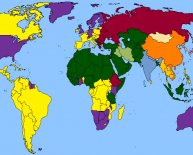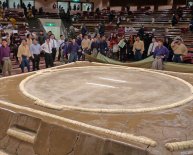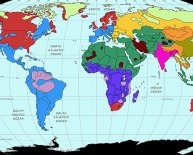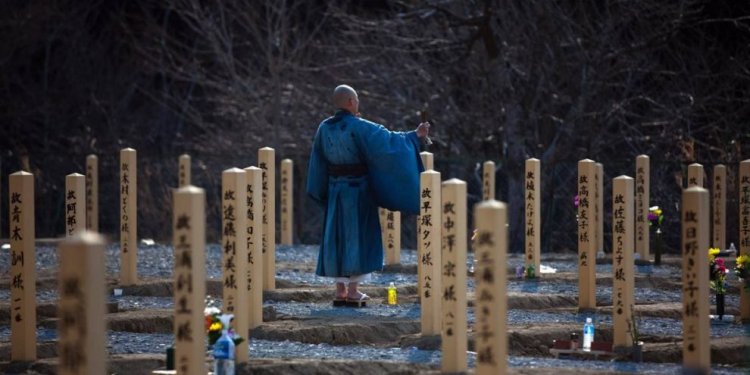
Shinto religion founder
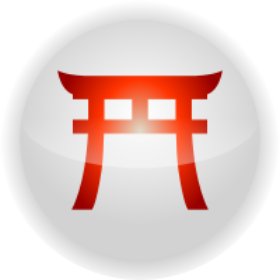 Shinto could be the native religion of Japan, and is a main religious perspective that permates Japanese tradition even while it provides various other religions like Buddhism and Taoism. Religion in Japan, indeed, is a complex blend of a number of religions, including Shinto, whoever beliefs, traditions and traditions blend to be a distinct section of Japenese life.
Shinto could be the native religion of Japan, and is a main religious perspective that permates Japanese tradition even while it provides various other religions like Buddhism and Taoism. Religion in Japan, indeed, is a complex blend of a number of religions, including Shinto, whoever beliefs, traditions and traditions blend to be a distinct section of Japenese life.
There are several things this religion does NOT have:
- no president
- no written papers ahead of the 8th century CE
- no a number of formalized ethics
- no system of dogmatic values or creeds
- no comprehensive, canonical scripture
- no organized system of theology
Lacking these, people question if it's a faith after all and, if that's the case, what it really is exactly. In short, it's a diverse and old set of conventional and ritual methods that induce and express the all-natural relationship involving the Shinto gods (known as "kami") while the individuals and locations of Japan. Its absolutely a religion if for hardly any other explanation than it really is emphasis on ritual, sacred area and divinities known as kami.
The name for this faith originates from two Japanese words: shin and do. Shin is another word for kami, and do refers to the Tao (or Dao). So, theoretically, this faith could be the "way regarding the kami."
Shinto goes on as a permeating cultural worldview and set of methods in modern Japan. Most citizens celebrate its holiday breaks, participate in celebrations and certainly will integrate its functions in their crucial life events like births, wedding ceremony and funerals. Moreover, many people in Japan had unique beginning recorded in a Shinto shrine, which for some centuries was needed for legal reasons. Therefore, some estimates indicate over 100 million supporters. But whenever counting just those that self-identify as energetic individuals and/or believers inside religion, after that number lowers greatly to about 4 million.

